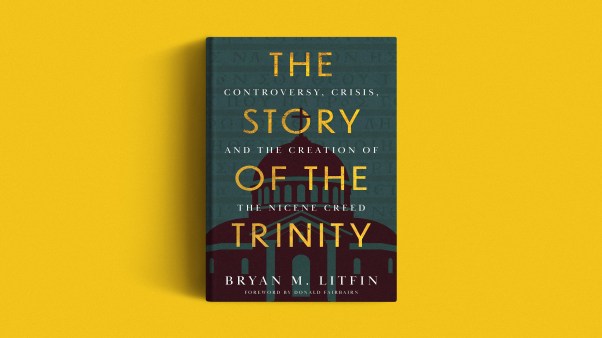Over the past year I’ve conducted dozens of interviews with 20-somethings who have walked away from their Christian faith. Among the most surprising findings was this: nearly all of these “leavers” reported having positive experiences in youth group. I recall my conversation with one young man who described his journey from evangelical to atheist. He had nothing but vitriol for the Christian beliefs of his childhood, but when I asked him about youth group, his voice lifted. “Oh, youth group was a blast! My youth pastor was a great guy.”
I was confused. I asked Josh Riebock, a former youth pastor and author of mY Generation, to solve the riddle: if these young people had such a good time in youth group, why did they ditch their faith shortly after heading to college?
His response was simple. “Let’s face it,” he said. “There are a lot more fun things to do at college than eat pizza.”
Good point.
If our strategy is to win young people’s allegiance to church by offering better entertainment than the world, then we’ve picked a losing battle. Entertainment might get kids to church in their teens, but it certainly won’t keep them there through their twenties.
And recent studies confirm that they’re leaving in droves. The Barna Group estimates that 80 percent of those reared in the church will be “disengaged” by the time they are 29. Barna Group president David Kinnaman describes the reality in stark terms:
“Imagine a group photo of all the students who come to your church in a typical year. Take a big fat marker and cross out three out of every four faces. That’s the probable toll of spiritual disengagement as students navigate the next two decades.”
Most of us don’t need a “big fat marker” to see this phenomenon play out. We’ve had a front row seat to the exodus.
In his book UnChristian, Kinnaman reports that 65 percent of all American young people report making a commitment to Jesus Christ at some point in their lives. Yet based on his surveys, Kinnaman concludes that only about 3 percent of these young adults have a biblical worldview.
Whether or not we accept Kinnaman’s definition of what constitutes a biblical worldview, few would argue that anywhere near 65 percent of young adults in the U.S. could be described as active followers of Jesus. We may have done a good job of getting young people to sign a pledge or mutter a prayer, but a poor job of forming them into devoted disciples.
Perhaps we’ve settled for entertaining rather than developing followers of Jesus.
Of course there’s nothing wrong with pizza and video games. The real problem is when they displace spiritual formation and teaching the Bible. And ultimately that’s the greatest danger of being overly reliant on an entertainment model. It’s not just that we can’t compete with the world’s amusements. It’s not only that we get locked into a cycle of serving up ever-increasing measures of fun. Rather it’s that we’re distracted from doing the real work of youth ministry—fostering robust faith.
Jim Rayburn, the founder of Young Life, liked to say, “It’s a sin to bore a kid with the gospel.” A generation later, that philosophy morphed into an entertainment based gospel that has actually produced entertainment numbness and an avoidance of the gospel’s harder teachings. Somehow we thought we could sweeten the gospel message for young people to make it easier for them to swallow, but it turns out that they’re choking on our concoction.
Read the full version of “The Red Bull Gospel” by Drew Dyck on Leadership Journal’s website.








